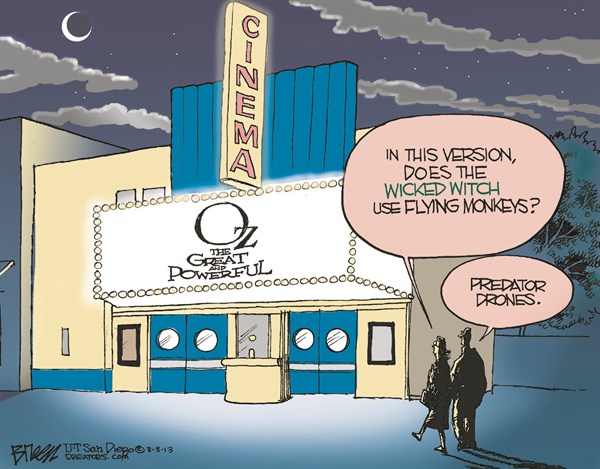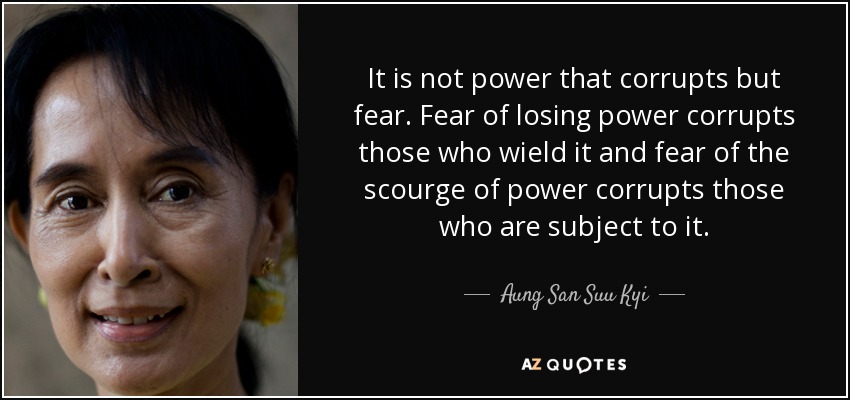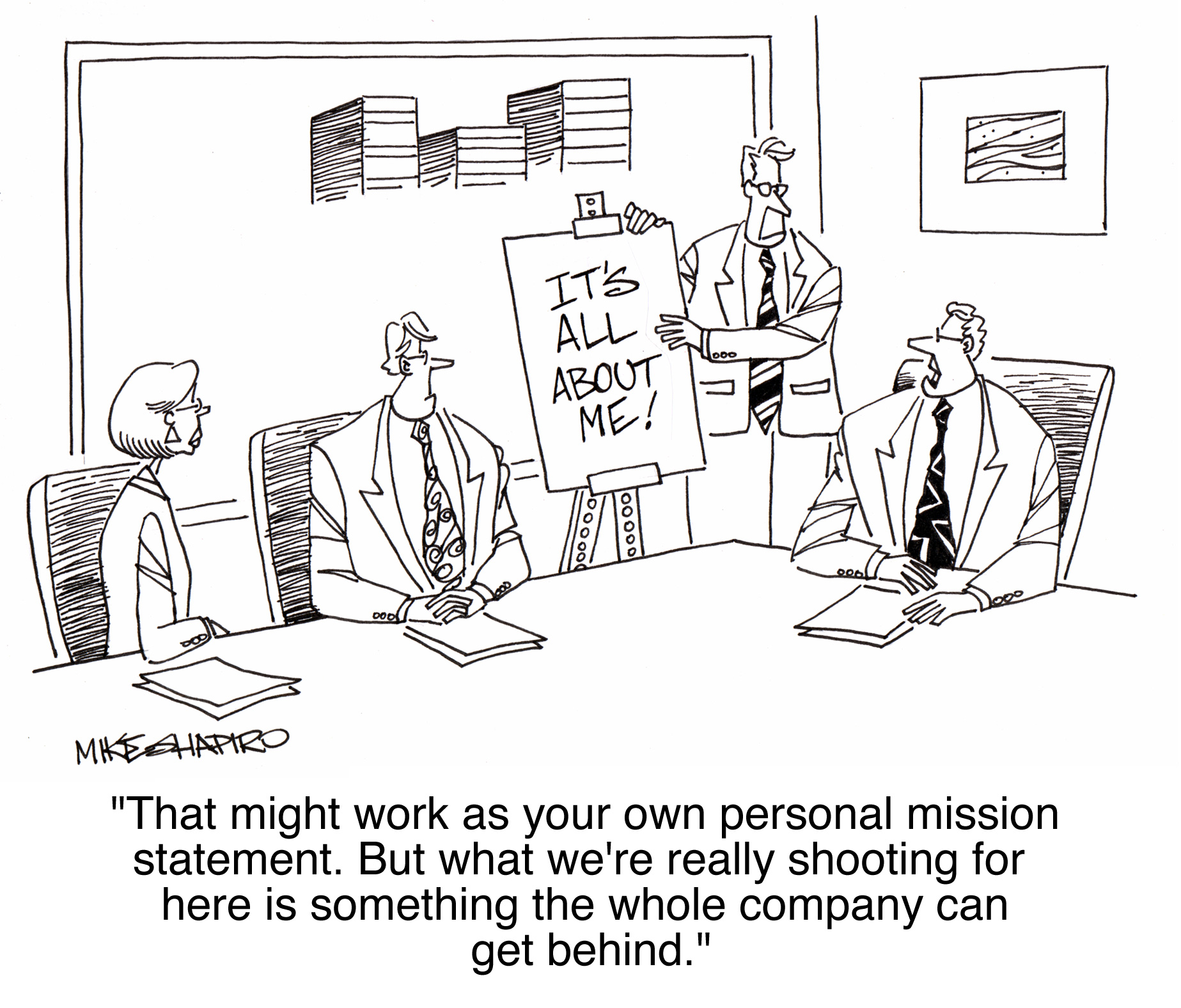
On the first (and subsequently last) day of my management courses, the professor asked random students why they wanted to be a manager. I was sitting behind a girl I had known in high school and particularly disliked – not because she was popular, but because she used her popularity and power to make the outcasts of the school even more miserable. Her response to the teacher’s question: “I love bossing people around and telling them what to do.” During the break, I packed my bag and walked out the door, and asked for a refund on my courses.
Let’s agree that power can corrupt some people. On the dark side, so to speak, we’ve got people like Ivan the Terrible (I mean, you don’t get a name like that because it’s catchy), Emperor Caligula, Emperor Nero, Emperor Commodus (what the heck was in the Ancient Roman’s drinking water?), and Adolf Hitler. But there are people who just seem to come into power at the right time; people who can wield a sword like an olive branch: Asoka the Great, Winston Churchill, FDR (if you haven’t watched the PBS special, do so), George Washington, Martin Luther King Jr. Nelson Mandela, and Gandhi.
We don’t need to peek into the minds of power-hungry people to know that something isn’t right. But what is like to be a family member, friend, or peer of a power-hungry person? According to data from Queendom’s Dominance Test, power-hunger and wholesome, happy relationships don’t go together.
Here’s what I uncovered:
When asked to rate the quality of their professional relationships:
- 57% of people with a low need for power rated their relationships as good or excellent.
- For people with a moderate need for power: 54%
- For power-hungry people: 33%
When asked to rate the quality of their friendships:
- 63% of people with a low need for power rated their friendships as good or excellent.
- For people with a moderate need for power: 60%
- For power-hungry people: 42%
When asked to rate the quality of their family relationships:
- 61% of people with a low need for power rated their relationships as good or excellent.
- For people with a moderate need for power: 57%
- For power-hungry people: 38%
When asked to rate the quality of their romantic relationships:
- 40% of people with a low need for power rated their relationships as good or excellent.
- For people with a moderate need for power: 38%
- For power-hungry people: 19%
When asked if they ever had problems in their relationships as a result of a need to control others:
- 14% of people with a low need for power said yes.
- For people with a moderate need for power: 24%
- For power-hungry people: 35%
And if that’s not enough incentive to convince you that power isn’t for everyone:
- 88% of the power-hungry are willing to use intimidation to get what want (22% for those with a moderate need for power, 3% for low).
- 94% of the power-hungry see power as a way to improve their social status (44% for moderate, 5% for low).
- 94% of the power-hungry would rather be the best than do their best (45% for moderate, 8% for low).
- 71% of the power-hungry believe that having power is the only way to get people to respect them (12% for moderate, 1% for low).
- 94% of the power-hungry believe that being a position of power makes them better than others (13% for moderate, 0% for low).
- 90% of the power-hungry believe that with power, they can do and say whatever they want (15% for moderate, 1% for low).
- If given a position of power, 37% of the power-hungry would put other people’s needs first (52% for moderate, 82% for low).
I think this quote sums things up pretty well:

Insightfully yours,
Queen D


